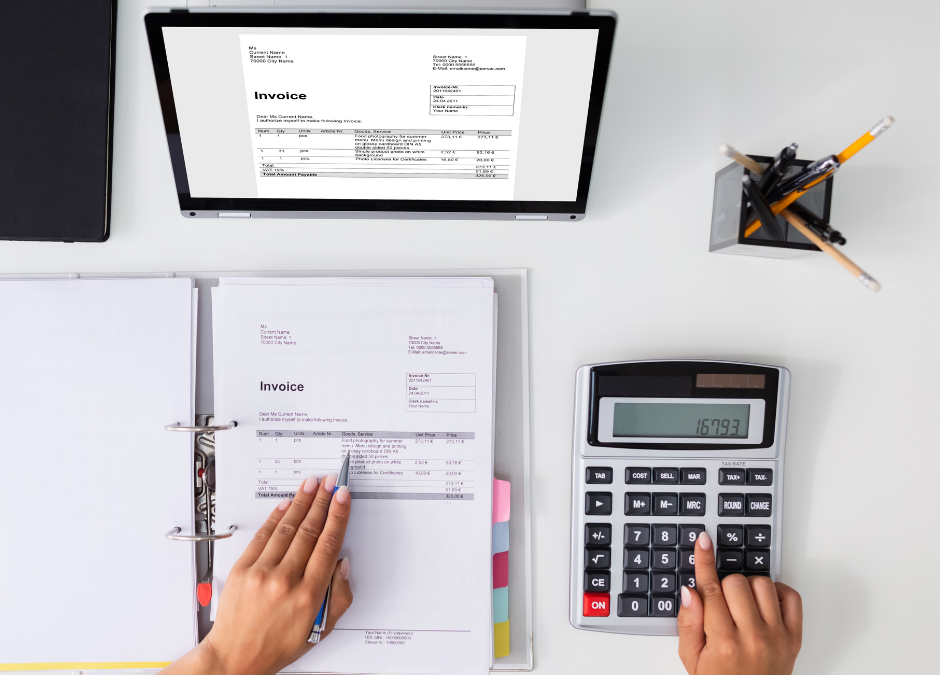How Bankruptcy Affects Your Taxes: What You Need to Know
Filing for bankruptcy can be a difficult decision for anyone, but it’s important to understand that it can have a significant impact on your taxes. Whether you are filing for Chapter 7, Chapter 11, or Chapter 13 bankruptcy, there are certain tax implications that you should be aware of. In this blog post, we will discuss how bankruptcy affects your taxes and what you need to know.
Chapter 7 Bankruptcy and Taxes
Chapter 7 bankruptcy is also known as a “straight” bankruptcy or liquidation bankruptcy. In this type of bankruptcy, a trustee is appointed to sell the debtor’s non-exempt assets and distribute the proceeds to creditors. Any remaining debts are usually discharged. When it comes to taxes, Chapter 7 bankruptcy can have both positive and negative effects. On the positive side, any debts that are discharged in bankruptcy are not considered taxable income. This means that you will not have to pay taxes on any debts that are discharged in Chapter 7 bankruptcy. On the negative side, if you have any tax debts that are not dischargeable, you will still be responsible for paying them. In addition, any tax refunds that you are entitled to may be seized by the trustee and used to pay your creditors.
Chapter 11 Bankruptcy and Taxes
Chapter 11 bankruptcy is primarily used by businesses, although individuals can also file under this chapter in certain circumstances. In this type of bankruptcy, the debtor typically reorganizes their debts and assets to continue operating their business. Businesses that file for Chapter 11 bankruptcy can usually continue operating and generating revenue, which can help them pay off their tax debts.
However, businesses that file for Chapter 11 bankruptcy may still be liable for certain tax debts. In addition, any tax refunds that the business is entitled to may be seized and used to pay creditors.
Chapter 13 Bankruptcy and Taxes
Chapter 13 bankruptcy is also known as a “wage earner” bankruptcy. In this type of bankruptcy, the debtor typically creates a repayment plan to pay off their debts over three to five years.
When it comes to taxes, any tax debts that are included in the repayment plan will be paid off over time, which can help the debtor avoid penalties and interest charges.
Any tax debts that are not included in the repayment plan will still be the debtor’s responsibility. In addition, any tax refunds that the debtor is entitled to may be seized and used to pay creditors.
Key Takeaways
It’s important to understand that bankruptcy can have a significant impact on your taxes. Here are some key takeaways:
– Debts that are discharged in bankruptcy are not considered taxable income.
– Tax debts that are not dischargeable will still be your responsibility.
– Any tax refunds that you are entitled to may be seized and used to pay your creditors.
– Businesses that file for Chapter 11 bankruptcy may still be liable for certain tax debts.
– Any tax debts that are included in a Chapter 13 repayment plan will be paid off over time.
If you are considering filing for bankruptcy, it’s always a good idea to consult with a bankruptcy attorney or tax professional. They can help you understand the tax implications of bankruptcy and make informed decisions about your finances. Don’t hesitate to reach out and contact us today for help!


